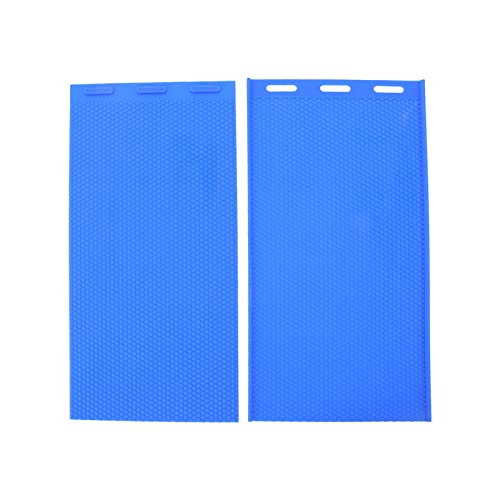AndyJ01
New Bee
- Joined
- May 15, 2014
- Messages
- 21
- Reaction score
- 1
- Location
- Norfolk
- Hive Type
- National
- Number of Hives
- 20 odd
I guess most 'hobby beekeepers' start with no intentions of anything other than having a go at keeping bees. After a few years they might find themselves with quite a few hives, selling quite a bit of honey and realise they should probably be declaring this activity. But the kit and colonies they have gradually acquired is now worth quite a bit of money, none of it supported by any invoices. Can they offset these historic costs in some way? (Asking for a friend!)

















































